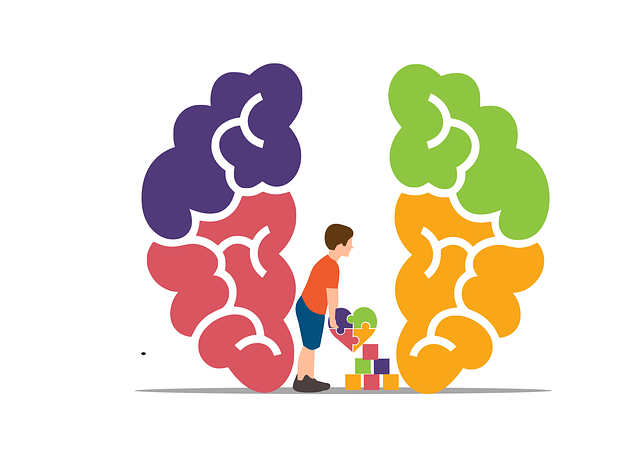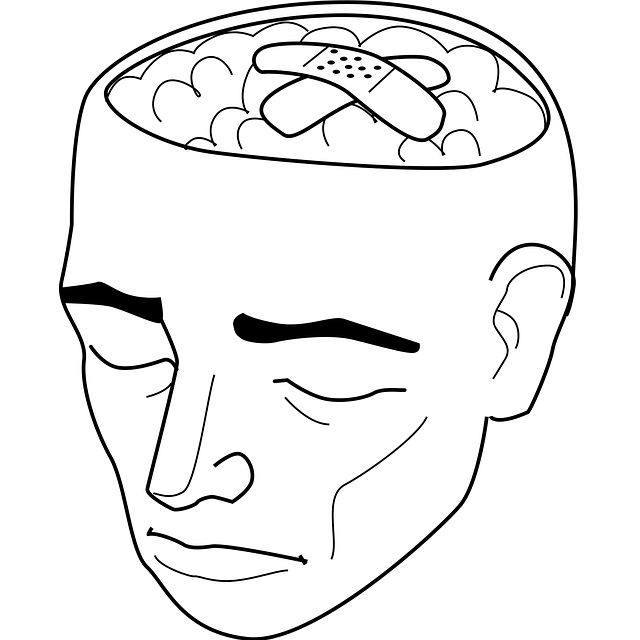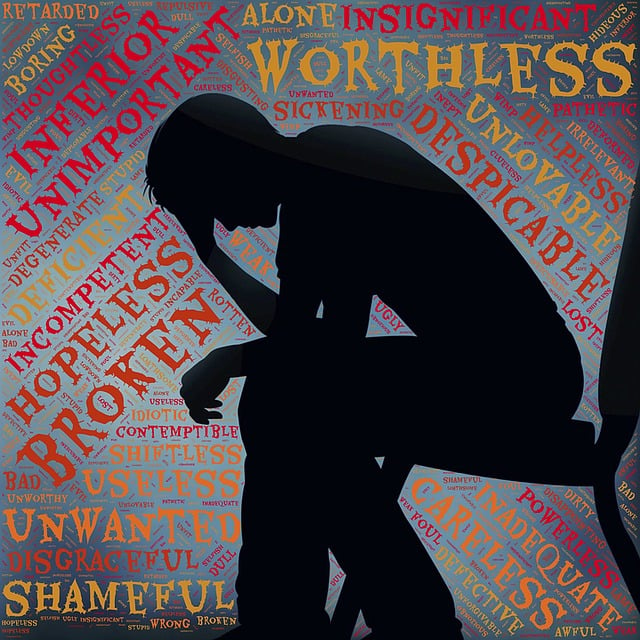Mental health crisis hotlines offer 24/7 support to elders, connecting them with trained professionals who employ evidence-based practices like Acceptance and Commitment Therapy (ACT). ACT focuses on accepting thoughts and emotions while encouraging value-based actions, fostering purpose and well-being in seniors. These services create safe spaces for expression without judgment, helping elders manage conditions like depression and PTSD, develop long-term coping mechanisms, and promote mental health awareness. Post-crisis care integrates tailored therapy sessions and cultural competency training, preventing future crises and empowering individuals to lead fulfilling lives.
In today’s fast-paced world, mental health crisis hotline support services play a pivotal role in elder care. These dedicated resources offer immediate assistance during times of distress, providing a safe space for elders to express their concerns. The article delves into the significance of Understanding Mental Health Crisis Hotlines and explores therapeutic approaches like Acceptance and Commitment Therapy (ACT) tailored for elders. Additionally, it guides caregivers on Accessing and Utilizing crisis support services effectively, focusing on post-crisis care and preventative measures for enhanced recovery and overall well-being.
- Understanding Mental Health Crisis Hotlines: A Vital Resource for Elders
- The Role of Acceptance and Commitment Therapy (ACT) in Elder Care
- Accessing and Utilizing Crisis Support Services Effectively
- Promoting Recovery and Well-being: Post-Crisis Care and Preventative Measures
Understanding Mental Health Crisis Hotlines: A Vital Resource for Elders

Mental health crisis hotlines are a vital resource for elders experiencing acute distress or suicidal thoughts. These 24/7 services offer immediate support and guidance, connecting individuals with trained professionals who can provide therapy for elders in need. Acceptance and Commitment Therapy (ACT), a form of evidence-based treatment, is often utilized by these hotlines to help seniors navigate their emotions and develop coping mechanisms that foster mental health awareness and resilience.
By offering a safe space to express concerns without judgment, crisis hotline support services encourage compassion cultivation practices, which can be instrumental in preventing or managing conditions like depression. The trained counselors are adept at providing immediate relief while also helping elders understand the underlying causes of their distress, empowering them with tools to maintain their well-being over time.
The Role of Acceptance and Commitment Therapy (ACT) in Elder Care

The role of Acceptance and Commitment Therapy (ACT) in elder care is gaining significant recognition as a valuable approach to addressing mental health challenges among older adults. This form of therapy for elders focuses on accepting one’s thoughts and emotions while committing to actions that align with personal values, fostering a sense of purpose and well-being. By encouraging individuals to live in the present moment and engage in meaningful activities, ACT helps seniors navigate through various issues such as depression, anxiety, and even post-traumatic stress disorders (PTSD). It offers a unique perspective by promoting psychological flexibility, enabling elders to adapt to life changes and build resilience.
Incorporating ACT into mental health education programs design for caregivers and professionals can enhance their ability to support elderly individuals effectively. This therapy’s emphasis on self-acceptance and value-based actions resonates with many seniors’ desires to maintain independence and engage in activities that bring them joy. Moreover, as part of a comprehensive risk assessment for mental health professionals, understanding ACT can help specialists tailor interventions, ensuring trauma support services are tailored to the unique needs of elders, fostering better outcomes in their care.
Accessing and Utilizing Crisis Support Services Effectively

Accessing crisis support services is a vital step towards managing mental health challenges. For elders experiencing distress, connecting with the right resources can be transformative. Many countries have dedicated hotlines offering confidential and immediate assistance, available 24/7. These services are designed to provide short-term relief and guidance, often serving as an initial point of contact for those in crisis.
One effective therapeutic approach for older adults is Acceptance and Commitment Therapy (ACT), which encourages self-awareness exercises and values-guided behaviour change. By fostering mindfulness and acceptance, ACT can help individuals navigate challenging emotions and reduce symptoms of depression. Additionally, healthcare providers can benefit from burnout prevention strategies, ensuring they are equipped to offer the best support. Effective utilization of crisis hotlines and evidence-based therapies like ACT contributes to a holistic approach to mental health care, catering to diverse needs, especially among older populations.
Promoting Recovery and Well-being: Post-Crisis Care and Preventative Measures

After a mental health crisis, providing post-crisis care and implementing preventative measures is vital to support individuals on their path to recovery and well-being. This can include ongoing therapy sessions tailored to address specific needs, such as Acceptance and Commitment Therapy (ACT) for older adults, which has shown promising results in fostering resilience and improving mental wellness.
Integrating these services seamlessly with primary healthcare offers a holistic approach. Healthcare providers play a crucial role by ensuring cultural competency training is prioritized, allowing them to deliver empathetic care that respects diverse backgrounds and promotes confidence-boosting strategies. This comprehensive support network can help prevent future crises and empower individuals to lead fulfilling lives.
Mental health crisis hotline support services play a pivotal role in elder care, offering vital resources and promoting recovery through effective access and post-crisis care. As discussed, Understanding Mental Health Crisis Hotlines and integrating Therapy for Elders like Acceptance and Commitment Therapy (ACT) can significantly enhance well-being. By adopting preventative measures and focusing on post-crisis support, we can ensure elders receive comprehensive care, fostering a more resilient and supportive environment.














